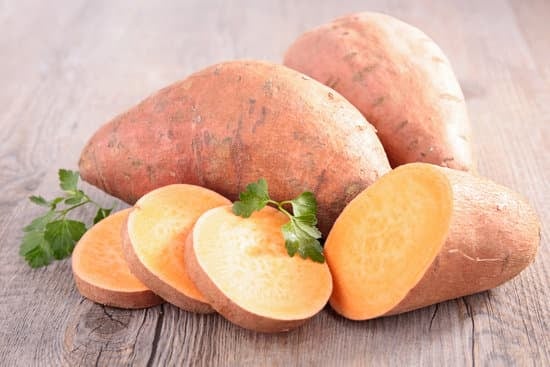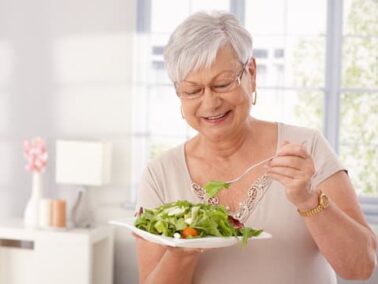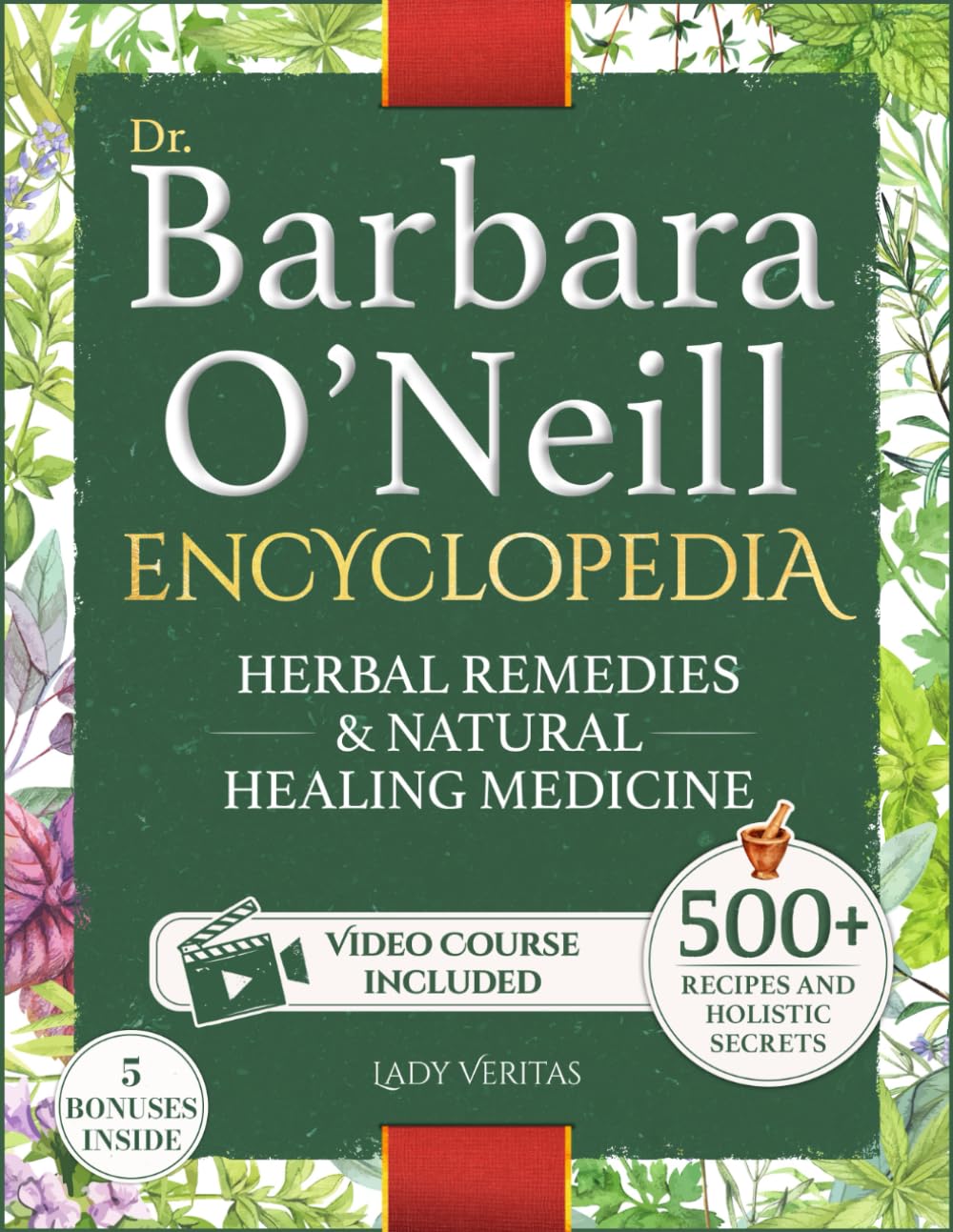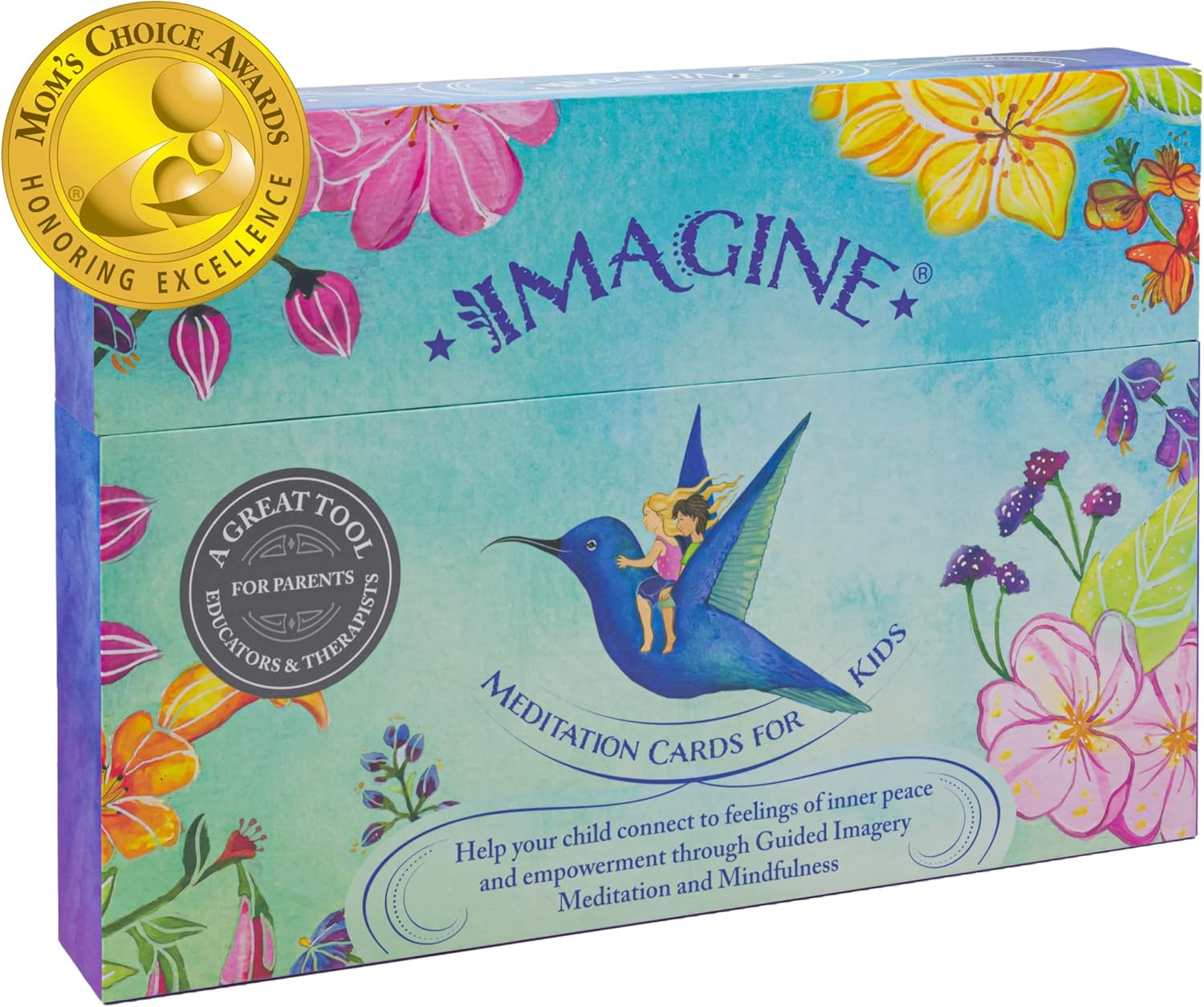As we age, our nutritional needs change, and a diet rich in nutrient-dense vegetables can make a significant difference in our well-being. In this article, we'll explore the top vegetables for optimal health in older women. Learn how to incorporate these vegetables into your diet to support your overall health and vitality.
Table of Contents
1. Spinach: The Powerhouse Leafy Green
- Rich Nutrient Profile: Spinach is a nutritional powerhouse. It's loaded with vitamins such as vitamin A, C, and K, as well as essential minerals like iron, calcium, and potassium. These nutrients are crucial for maintaining various bodily functions as we age.
- Fiber for Digestion: Spinach is an excellent source of dietary fiber, which aids in digestion and helps prevent constipation—a common issue for older adults. Adequate fiber intake also supports a healthy gut microbiome.
- Bone Health: Older women are at a higher risk of osteoporosis. Spinach contains vitamin K and calcium, both essential for bone health. Vitamin K is known for its role in bone mineralization and can help reduce the risk of fractures.
2. Broccoli: Nature's Nutrient-Rich Treasure
- Nutrient Density: Broccoli is a nutritional powerhouse, packed with vitamins, including vitamin C and vitamin A, as well as minerals like potassium and folate. These nutrients support immune function and overall health.
- Weight Management: Older women often face challenges with weight management. Broccoli is low in calories but high in fiber, making it an excellent choice for those looking to maintain or lose weight.
- Heart Health: Broccoli's antioxidants and fiber content can help lower cholesterol levels, reduce inflammation, and support heart health. This is particularly important for older women, as heart disease risk increases with age.


3. Sweet Potatoes: A Delicious Source of Nutrients
- Rich in Vitamin A: Sweet potatoes are renowned for their high beta-carotene content, which the body converts into vitamin A. Vitamin A is essential for maintaining eye health, especially in older women.
- Blood Sugar Regulation: Sweet potatoes have a lower glycemic index compared to regular potatoes, which means they release sugar into the bloodstream more slowly. This can help stabilize blood sugar levels, an important consideration for older individuals.
- Immune Support: The vitamins and antioxidants in sweet potatoes, such as vitamin C and manganese, contribute to a robust immune system, helping older women stay healthy and resilient.
4. Bell Peppers: Colorful and Nutrient-Packed
- Vitamin C Boost: Bell peppers, especially the red ones, are known for their high vitamin C content. Vitamin C is a potent antioxidant that supports collagen production, crucial for maintaining healthy skin and preventing sagging as we age.
- Mood Enhancement: Some studies suggest that a diet rich in colorful vegetables like bell peppers may positively impact mood. This can be especially beneficial for older women dealing with mood swings or mild depression.
- Vision Protection: Bell peppers contain nutrients like lutein and zeaxanthin, which can help protect against age-related vision problems, such as macular degeneration.


5. Cauliflower: Versatile and Nutrient-Dense
- Anti-Inflammatory Properties: Cauliflower contains anti-inflammatory compounds, including indole-3-carbinol and sulforaphane, which may help reduce the risk of chronic diseases associated with aging.
- Cancer Prevention: Some studies suggest that the compounds in cauliflower may have a protective effect against certain types of cancer, making it a valuable addition to the diet of older women.
- Creative Cooking: Cauliflower is incredibly versatile and can be used as a low-carb substitute for mashed potatoes, pizza crust, and more, making it easier to maintain a balanced diet.
6. Carrots: The Classic Vegetable for Eye Health
- Beta-Carotene for Vision: Carrots are famous for their high beta-carotene content, which is essential for maintaining good eyesight, especially as we age. Beta-carotene converts to vitamin A in the body, supporting overall eye health.
- Antioxidant Protection: Carrots are rich in antioxidants, such as beta-carotene and vitamin C, which can help reduce oxidative stress and inflammation, both of which are associated with aging.
- Skin Health: The nutrients in carrots can contribute to healthy, radiant skin, promoting a youthful appearance.
7. Kale: A Superfood for Bone Health
- Calcium and Vitamin K: Kale is exceptionally rich in calcium, vital for maintaining bone density. Additionally, it provides a significant amount of vitamin K, which is crucial for bone mineralization and preventing fractures.
- Anti-Aging Antioxidants: Kale contains antioxidants like vitamin C and beta-carotene, which combat oxidative stress, potentially slowing down the aging process and reducing the risk of chronic diseases.
- Versatile Use: Kale can be incorporated into salads, smoothies, and soups, making it easy for older women to enjoy its bone-strengthening benefits in various delicious ways.
Additional Information
Here are some reputable websites in the nutrition and health niche where you can find more information:
- Mayo Clinic (mayoclinic.org): Mayo Clinic is known for its authoritative health content. You can link to their articles on nutrition, particularly those related to the nutritional needs of older adults.
- Harvard Health Publishing (health.harvard.edu): Harvard Health Publishing provides well-researched articles on a wide range of health topics, including nutrition for different age groups. Look for articles that align with your content.
- National Institute on Aging (nia.nih.gov): The NIA offers valuable information on aging and nutrition. Linking to their resources can provide readers with trustworthy information specific to older adults.
- WebMD (webmd.com): WebMD is a popular health website. You can link to their articles on nutrition for seniors, as they often feature insights from medical experts.
- Cleveland Clinic (my.clevelandclinic.org): The Cleveland Clinic is a renowned medical institution. They offer articles and resources on various health topics, including nutrition for older adults.
- Academy of Nutrition and Dietetics (eatright.org): As the world's largest organization of food and nutrition professionals, this site is a valuable resource for evidence-based nutrition information. Link to articles or guidelines related to senior nutrition.
- National Institutes of Health (NIH - nih.gov): The NIH provides comprehensive information on various health topics, including aging and nutrition. Linking to their research and guidelines can add authority to your content.
- American Heart Association (heart.org): If you're discussing heart health in older women, consider linking to relevant articles on the American Heart Association's website.
- AARP (aarp.org): AARP focuses on issues affecting older adults. They often provide informative content on nutrition, health, and aging that can be useful for your readers.
- Nutrition.gov (nutrition.gov): This U.S. government website offers reliable information on nutrition, including dietary guidelines and resources for older adults.
Incorporating these vegetables into a well-rounded diet can provide older women with the essential nutrients they need to maintain their health, vitality, and overall well-being. Remember that variety is key, so try to include a mix of these vegetables in your meals to reap the most benefits.
Recommended Product (Paid Link)
Read our full review here (Paid Link)
Disclaimer:
The content provided in this article is for informational purposes only and should not be considered a substitute for professional medical advice, diagnosis, or treatment. Always seek the advice of your physician or other qualified healthcare providers with any questions you may have regarding a medical condition.
While we strive to provide accurate and up-to-date information, the field of nutrition and health is constantly evolving, and individual health needs can vary. Therefore, it is crucial to consult with certified healthcare professionals or registered dietitians who can assess your specific health concerns, dietary requirements, and medical history to provide tailored recommendations.
Any reliance you place on the information provided in this article is solely at your own risk. We do not endorse or promote any specific products or treatments mentioned in this article. It is essential to use your judgment and consult with a healthcare professional before making any significant changes to your diet or lifestyle, especially if you have underlying health conditions or are taking medications.
We encourage you to consult with a certified healthcare professional who can offer personalized guidance and ensure that any dietary changes align with your individual health goals and needs. Your health and well-being are paramount, and professional guidance is the best way to make informed decisions about your nutrition and overall health.



